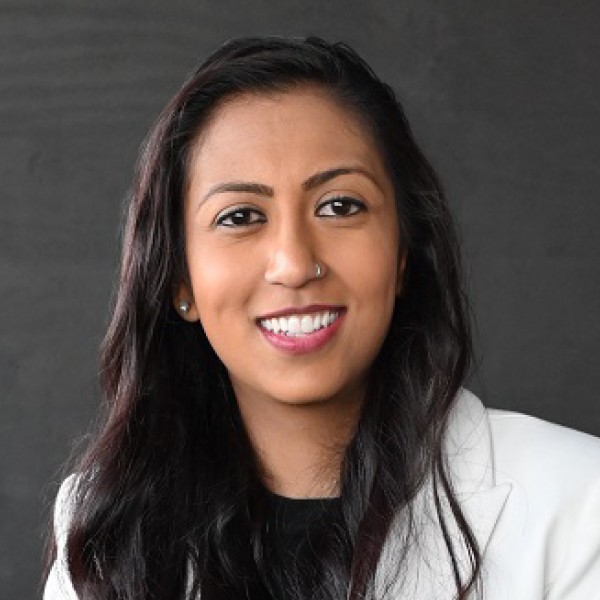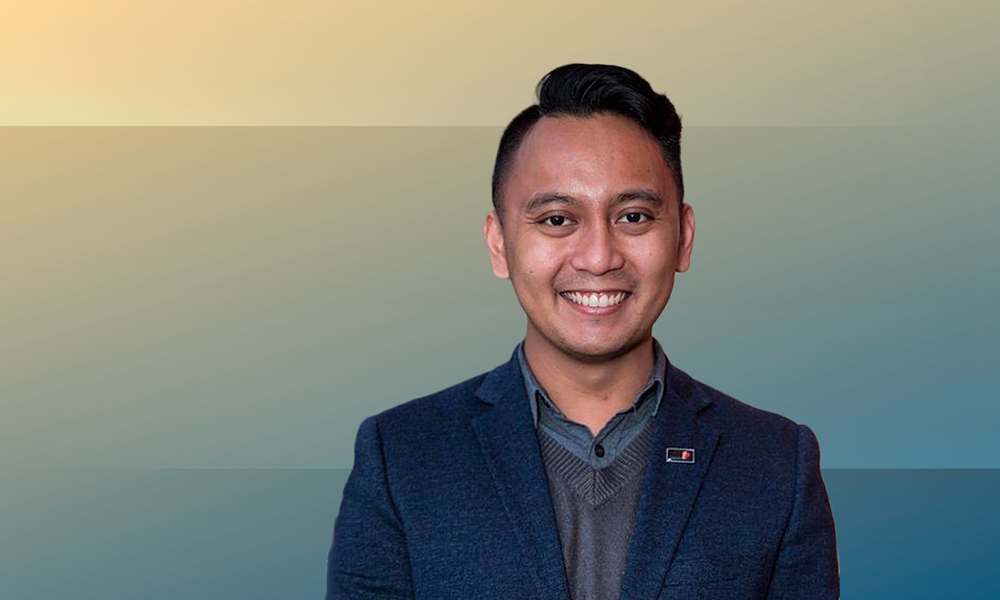This content has been archived. It may no longer be relevant
Ivan Ingram is the Chief Operating Officer for the Australian Indigenous Governance Institute, on a 12-month Sabbatical from PwC’s Indigenous Consulting, and a Doctor of Juridical Candidate in the Indigenous People’s Law & Policy Program at the University of Arizona. He is a longstanding member of the Queensland Law Society, Indigenous Lawyers Association of Queensland (ILAQ) and Pride in Law where he serves as the association’s Indigenous Officer.
Ivan was recently appointed as the Chairperson for the QLS First Nations Policy Committee and somehow amidst all the busy-ness was able to spare a few moments to share his views and aspirations for the future of the legal profession.
SD: Tell us a bit about yourself and your journey in law so far?
II: I am a Wiradjuri and Filipino man from a small country town named Parkes, in the Central-West of New South Wales. I moved to Brisbane with my family in 2009 to study Law and Science (Biotechnology) at the Queensland University of Technology (QUT). Since finishing up at QUT, I completed my Masters’ studies at the University of Arizona, in Tucson, in the United States, and have gone on to commence my Doctor of Juridical Science candidature looking at Indigenous autonomy (self-determination) in the context of native title.
Aside from the academic side of things, I have mostly practised in Native Title claims litigation, representing Aboriginal Peoples for the recognition of their traditional ownership in their traditional lands and waters. Currently, I am working as the Chief Operating Officer for the Australian Indigenous Governance Institute and hold the positions of Indigenous Officer for Pride-in-Law, and Chairperson of the Queensland Law Society’s First Nations Legal Policy Committee.
SD: Where would you like to see the legal profession in 5 or 10 years’ time?
II: I will answer this by giving a reflection on what I have observed of the legal profession in the past 5 and 10 years. I have seen the development of the landscape of the legal profession to one that is more open about social issues (i.e. inclusivity, equality, etc.) and the cultural issues within the profession (i.e. gender norms, “traditional” modes of work and expectations, etc.); and not only enabling the better discussion of these issues, rather, but there are also spaces for challenging the “norm” and traditional “status quo” and see examples of where these changes are being effected.
It has not come without the opposition and the tension of change. However, I see this becoming the “new norm” and, indeed, with that sustained trajectory, I can see the legal profession in 5 or 10 years’ time as one that is more inclusive, open, and supportive.
SD: What do you think we can do, as a profession, to help realise that 5-10 year vision?
II: Don’t sit idly by to wait for that change to happen and for other people to do that kind of work; be involved, and contribute to the dialogue, and help facilitate the passage of change – even in the simplest of ways. I think people are becoming more cognisant of systemic issues withing society and our legal profession, and with that, a responsibility to act. Even the simplest of actions in the right direction contributes to the overall efforts.
SD: What would be your advice to someone who is just joining the profession?
II: During my time at university, I saw a number of students who pursued studies in law because of the workaround social justice, human rights, the environment, and the kind of work in the pro-bono sector; but I also saw a number of people who were disillusioned over the course of their studies and lack of opportunities generally in those disciplines, that we lost some that potential. If this kind of work is what motivates you, please do not let that go, do all you can to reach out to people in those fields – I can assure you that they are there because of the same reason you are pursuing that course of work; ask questions, don’t be afraid to reach out, be yourself.
SD: Could you speak to your life in law; associations you may be part and how to find that balance?
II: Balance, the almost fleeting, and non-existent concept as a law student and early career professional – trying to maintain studies and work, a social life, enough rest and downtime (it’s like that Meme – only chose two of the three). Throughout my studies and my career to date, I have been involved in a number of extracurricular associations that are in line with my passions and for the most part, in line with my field of work. I think “balance” is never really fully achieved, there are peaks and troughs (or, as I sometimes find, peaks and double peaks), but the biggest lesson I learned is when and how to say “no”.








Share this article